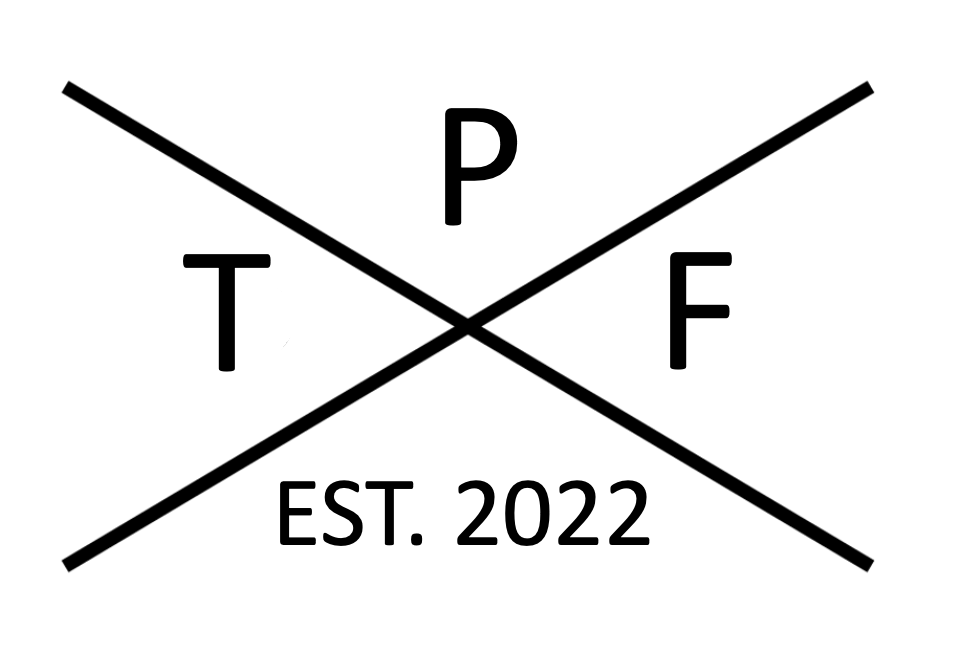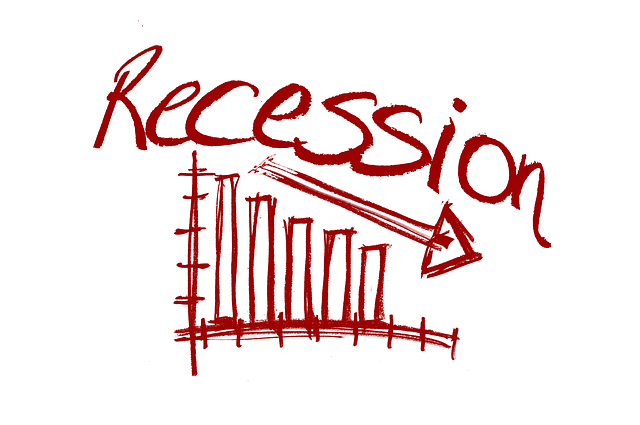It was another busy week with lots of economic data being pushed out, highlighting the state of the economy. The big news was the action taken by the Federal Reserve by raising interest rates by 75 basis points. This should not have come as a surprise, considering the recent inflation data from two weeks ago, showing that costs continue to rise. Current inflation has reached a 40-year high, and the average person is paying more for everyday expenses, hurting your budget. Furthermore, this week it was relieved that Gross Domestic Product (GDP) has declined for two consecutive quarters, which is generally accepted as entering a recession. The White House and the current administration have been quick to state we’re not in a recession, but it’s clear the economy’s strength is waning under record-high inflation.
Gas prices, however, have continued to decline steadily over the past month, with a national average of $4.23, according to AAA. While all have welcomed the decrease, gas prices remain well above the national average from a year ago when it was $3.15 for regular. As I’ve mentioned, increased gas prices are a cost that is easily seen by consumers and hits our wallets immediately. Following President Biden’s trip to the Middle East, there appears to be no significant relief coming from oil-heavy countries like Saudi Arabia. Additionally, the current administration has not signaled in any way that any significant actions will be taken to soften the costs at the pump. Moreover, several administration leaders have repeatedly discussed this as a time to embrace electric vehicles.
The National Association of Realtors (NAR) released various data regarding the June housing market, showing a significant slowing. The NAR stated there was an 8.6% decline in pending home sales, and existing home sales have continued to decrease for multiple months. This slowdown in the housing market is tied to higher interest rates and the growing uncertainty about the economy’s strength. Economic data over the last few weeks has weighed heavily on many potential buyers entering the housing market as inflation soars, and recession concerns rise.
As we’ve seen costs for many things increase, reports have been coming out over the past few weeks on restaurants and corporations having to raise their prices to combat inflation. Costco was one of these businesses known for its cheap hotdogs and pizza. The company announced recently that there would be a slight increase in their hot dogs and water prices. This is one example of countless companies forced to pass on rising costs to customers. As inflation continues, we can likely expect high prices and other companies needing to pass on rising expenses to us, the consumer.
As we’ve talked about record-high inflation, the actions taken by the Federal Reserve this week will have lasting effects on many people starting next week. If you carry a credit card balance, an adjustable-rate mortgage, or are thinking about getting a car loan, you can expect it to cost more soon. As the Fed increases its rate, it will cause many banks and financial institutions to raise their rates and cost customers more. While buying a new car right now could prove extremely difficult as supplies are limited, the cost to borrow money will be higher. Since rates are on the incline, be sure to shop around for the best rates. Start with your local credit union if you have one, as they tend to offer lower rates than larger public banks. While all rates are rising, there are still opportunities to save money by searching for the lowest rate.

